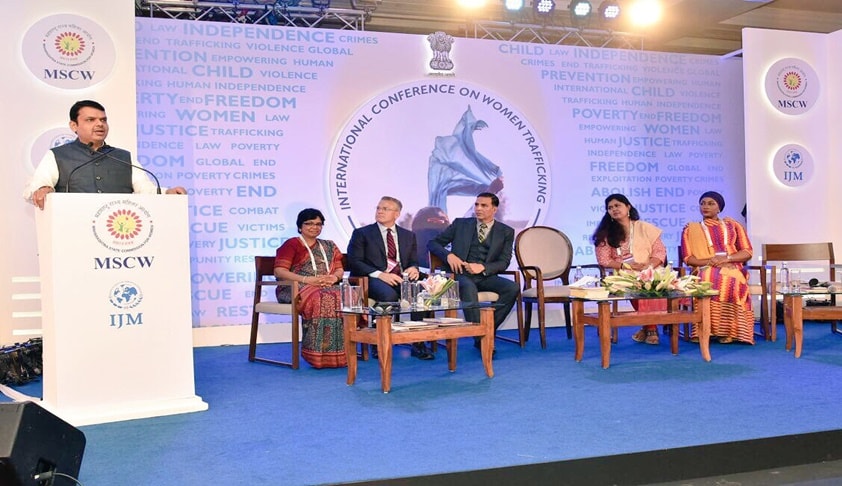Major Takeaways From Mumbai’s ‘International Conference On Women Trafficking’ & The Road Ahead
nitish kashyap
29 July 2017 12:19 PM IST

Next Story
29 July 2017 12:19 PM IST
The two-day international conference on women trafficking held in Mumbai by the Maharashtra State Commission for Women (MSCW) in partnership with the International Justice Mission, India (IJM) concluded on Friday.There were many distinguished speakers at the event, including Chief Minister Devendra Fadnavis, State Minister for Women & Child Development Vijaya Rahatkar, who is also the...
